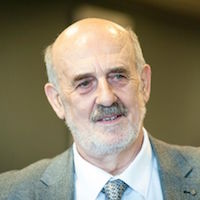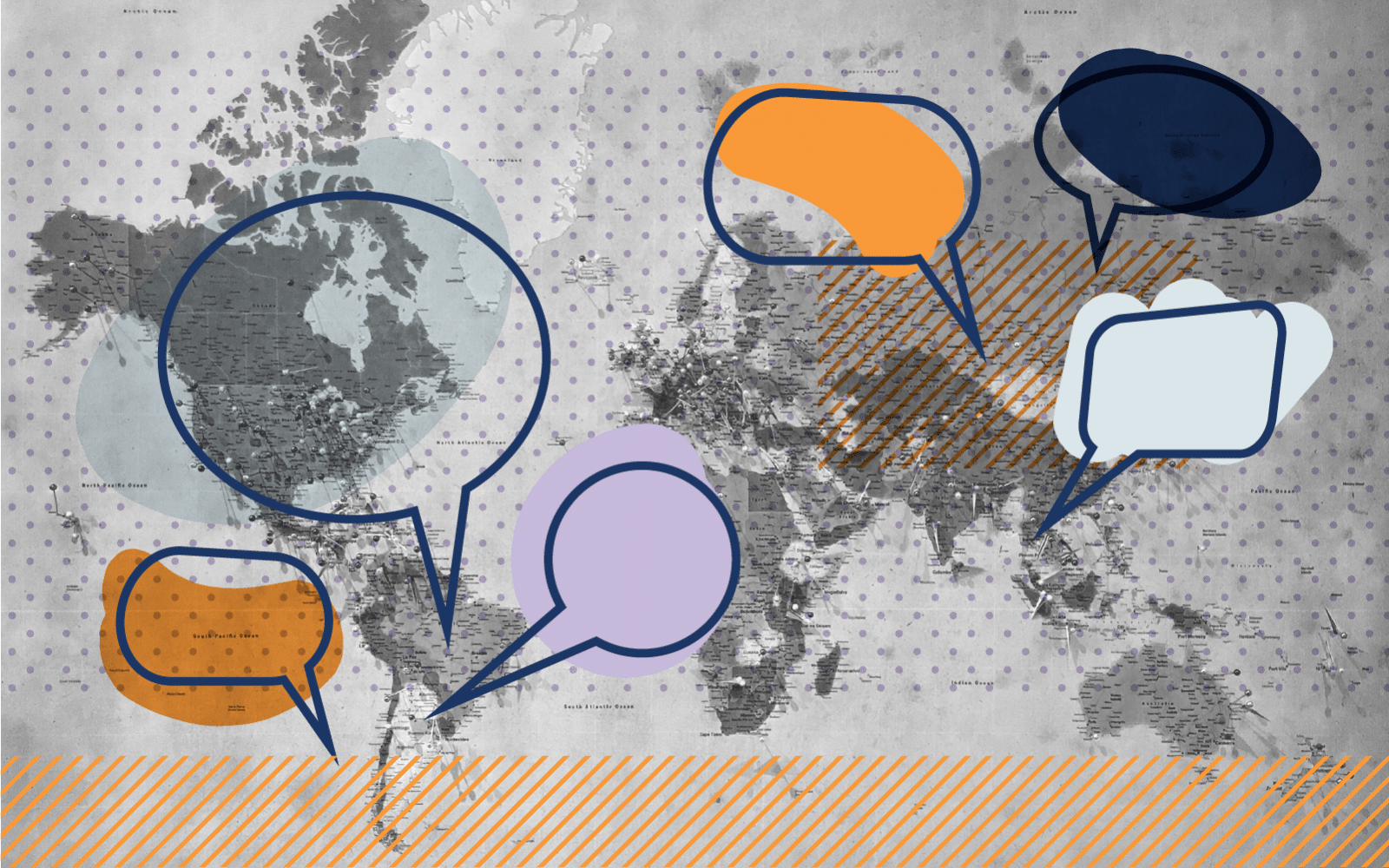Tomasz Sadowski is pioneering a new approach for dealing with Poland's most chronic homeless cases by creating self-sufficient rural communities.
CASE STUDY: Forging a Path of Self-Reliance
Organizational Vision
The Barka Foundation for Mutual Help provides the socially marginalized in Poland, such as homeless, alcoholics, drug users, and ex-prisoners, with a new way to live and financially support themselves. Ashoka Fellow Tomasz Sadowski founded Barka, which means “lifeboat,” not just to provide food or shelter but a path to self-reliance. Barka was started in 1989 when Tomasz and Barbara Sadowski, two psychologists, decided to create an environment in which ‘the forgotten and unwanted’ of Poland could rediscover a quality of life not otherwise available to them in Polish society-at-large. Barka’s mission since then has been to help members rebuild their lives through the principle of those in need helping those in need. “Our activities,” says Tomasz Sadowski, “break the myth and common conviction of the impossibility to change a demoted life of another human being like an ex-prisoner, recovering alcoholic or a homeless person.” Barka built 20 homes in 16 different Polish villages, providing renewed life opportunities to more than 500 people at any given time, greater than 2,000 a year, and more than 15,000 persons since its inception.
Citizen Base Strategy
Build sustainability through a model of reliance
Barka homes function as self-reliant and self-sufficient rural homes built on a philosophy of cooperation. As Tomasz describes it, “the socially excluded helping others who have been socially rejected. Each Barka system of homes sustains itself by training resident to operate several for-profit farms, a school, vocational workshop-training programs (ranging from carpentry to computer workshops) and a refurbished goods store. Each of these institutions provides sufficiently for the majority of its community needs, further instilling a sense of self-reliance. The farms are ecologically managed by the inhabitants, and produce animal and dairy products as well as fresh organic produce that feed the residents of the homes. They have also instituted an internal trading network between the various cooperatives. While each co-op is effectively self-reliant, the development of this internal trading network marks an innovation that not only supports the organization’s vision but also lowers operational costs. Residents barter surplus foods and goods back and forth between homes, and in doing so, gain a practical understanding of economic and market-based principles that prepares them for a new life. Barka also generates income by selling whatever remains from the bartering for a profit in the villages in which the homes are located.
The over-arching Barka philosophy of self-reliance and self-sufficiency is a working model for all its operations. Each program equips residents with the necessary skills to regain their own sense of self in relation to the community and to help sustain the Barka’s operation. For example, the trade-specific workshops are designed to integrate workers’ skills with Barka’s specific needs. The modular homes are used both within the community, as well as for a fee for low-income groups outside of the Barka community. These combined farm and vocational profits form the backbone of Barka’s successful strategy for organizational self-reliance. As a result, forty-five percent of Barka’s total budget is earned through its income generation efforts, thirty-five percent from in-kind donations, and the balance from financial donations.
Barka also provides training workshops for social workers and members of other CSOs as a means of both generating added income and sharing its model with other CSOs interested in starting similar operations. Beyond Barka’s aim to scale its model, this replication provides Barka with an expanded network of opportunities for its goods as well. In addition to the homes in 16 villages in Poland, similar projects are underway in the Ukraine, Russia and Latvia. Sadowski has arranged for members of these other European organizations to spend a few months living and training on the Polish cooperatives so that they can incorporate Barka’s model into their own operations.
Find value where others don’t
Barka’s strategy successfully transforms discarded or abandoned resources available within the community at large. From neglected farms to socially-marginalized citizens, Barka affirms that everything and everyone possess value when used in the right way. For example, Barka has a recycling and refurbishing program, in which residents renovate or refurbish donated goods that are then sold in Barka’s second-hand goods shop. Barka trains even the most troubled individuals for jobs, teaching them necessary skills for success and for turning recycled goods to valuable products. Barka then generates income by selling the products of that comprehensive training with little labor cost. In return, this profit enables Barka to create a supportive and sustainable environment for the rehabilitation of its residents. As Tomasz Sadowshi says, “After one to two years, people are able to work together and work among themselves. They know what they are able to do and what they are not able to do. They know what needs to change and they have the ability to teach others.” By creating operationally self-sufficient cooperative communities on abandoned or donated farm land, Tomasz Sadowski has pioneered a win-win approach for dealing with the chronic problem of Polish homelessness. And with each new resident interaction, the overall learning curve goes up.
How It’s Working
- There are over 500 people living in 20 BARKA communities in 16 villages.
- Every year between 2000-3000 people come to work in BARKA homes.
- Since its inception in 1989, approximately 15,000 people have received help from BARKA in some form.
- Over 50 percent of Barka’s budget is generated through income from its farms, renovation workshops, and training.
- Many of the BARKA coordinators are people who have lived in the community as residents at some point.

Lessons Learned
- Disprove cultural myths. Barka linked social, ecological, educational, cultural and economic aspects to break the myth that a down-trodden life can not be changed.
- Empower beneficiaries to serve as assets to the organization. Barka oftentimes trains former residents of the homes to work within the organization, as they maintain first-hand knowledge and understanding of the Barka model.
- Renovate, reuse, and resell. Sadowski revitalized ruined and useless farms and abandoned people to create sustainability.
Tomasz Sadowski was elected to the Ashoka Fellowship in 1995.
